Eldering as ‘Dismemberment’
December 15, 2023
Remembering…
We are in Thomas Berry’s Riverdale Center for Religious Research overlooking the Hudson. The rock cliffs of the Palisades across the river shine in the early morning sunlight. The Great Red Oak lifts its branches into the air drawing in the brilliant blue sky.
This luminous light pours into the sunroom where an eight-foot Norfolk pine hovers over the table. We are pondering with Thomas over coffee how we can take apart the library here that he has gathered for decades. For some time now Thomas has been brooding over its weight, seeing it as a burden. This massive collection of ten thousand books has lived here for more than twenty years since 1972. What to do with them? How to take apart a lifetime of work and reflection that has been the basis of Thomas’ teaching, writing, and lecturing.
As we sit reflecting together, the books call out to us as persons. The Church Fathers and medieval theologians in the conference room, the Chinese sages and Indian philosophers in the reception room. Jewish and Muslim scholars gathered near books of art on all these traditions. In the hallway live psychologists, like Carl Jung and scientists, such as Teilhard de Chardin. In the copy room there are shelves of entwined ecology books. Upstairs under the limbs of the great red oak is the room filled with Native American writings abiding in resilience. This great collection is “a communion of subjects”, related to one another across time and space.
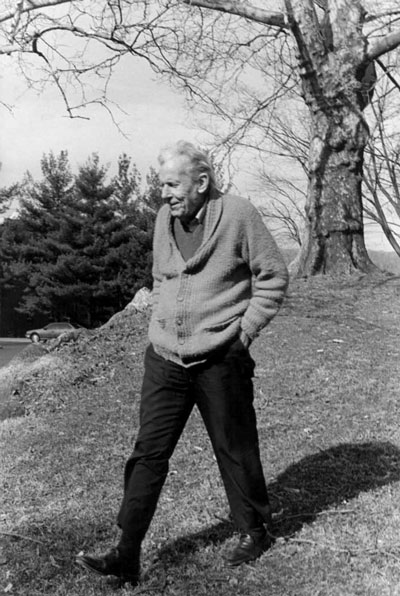
The poignancy of this moment is evident as the emotional ties of attachment, which are ebbing and flowing. How to let go of this community? How to be in the moment of change? How to embrace this great transition? For it is not only the library that will be dispersed, but the unpublished Riverdale papers that Thomas has written will need to find a home. How to manage all of this? Where to send the books? How to publish the papers?
We drink our coffee as the light passes across the estuary flow of the Hudson River – salt-water moving up from the Atlantic, fresh water moving down from the headwaters in the Adirondacks. The currents meet here and are visible as the tides change. So too the ebb and flow of gatherings of books and meetings, lectures and meals will diminish. As Thomas makes his way back home to be with his family in Greenboro, NC, this Riverdale Center will close. An era will come to an end. Thomas is eighty years old, and he wishes to let go of the responsibilities of keeping the Center going. It is time to return to a warmer climate and the embrace of family. Yet the challenge is how to manage this with grace and a modicum of ease.
We decide to send most of the books to universities where Thomas’ students are teaching. This is the beginning. A plan is forming. Now to carry it out. We begin one weekend a month driving in from Bucknell University in Pennsylvania where we are teaching. Then we have longer periods to work over spring break and Christmas holidays. This is a great turning for all of us – an eldering process for Thomas, a maturing process for us.
Thomas embraces this eldering with grace, humor, and depth. We work steadily during the day – together deciding where each box would go. Taping them shut and labeling them, then carting them to the post office for mailing. At the end of the day, we return to the sunroom, lay out a meal, and open a bottle of wine. Thomas leans back to take it all in with a smile, saying, “Oh my!”. We raise our glasses to toast the moment, bringing in our companions – the River, the Palisades, the Great Red Oak. This is the larger “communion of subjects” in which we dwell here.
Thomas speaks:
“This process is a great dismemberment, like a shaman’s initiation into his healing arts. He goes on a journey where he is torn apart. His task is to come back together, to reassemble himself. His skill at doing this over time gives him his shamanic powers. That is what this process is here – a dismemberment of a lifetime, a rite-of-passage to prepare us for the next stage. The pain of loss is real; but the letting go brings grace and renewal. How we manage it is the key. Each step is a moving forward toward wholeness. The healing powers come in – giving thanks for what has been and invoking fresh creative powers for what is yet to be.”
The Sun was setting over the Palisades, the wine was enlivening our spirits, the food was nourishing our bodies, and the silence of the evening enveloped us. This is Thomas’ dismemberment moment; this is his eldering teaching; this is his moment of grace.
THE SONG OF THE LIBRARY
These verses were written by John Grim on the occasion of the dispersal of Thomas Berry’s library from the Riverdale Center in New York on January 3, 1995.
The great work has always been
transmutation.
From the first movement of the
formative fireball
an inner silence has prepared us
for contemplation,
an expansive abyss has challenged us
to engage
the ten thousand things.
Reading flows across these realms of visual brooding
beyond the word to touch the soundless presence.
Now, the time of the ten thousand books
by the Hudson River
in the shadow of the Great Red Oak
transmutes with the Palisades’ sunset,
with the community gatherings,
with the glorious year,
with the joys and sorrows,
of the crucible of life.
Into another harmony, held by hands
in other places.
Ecclesiates wrote,
books involve endless hard work,
and much study
wearies the body.
There is no end of books.
“Put that book on the shelf!”
the storyteller said.
Here, at the Center of immensities
these books have sat on the shelf
for over twenty years
working their magic with bodies
and minds eager to encounter
the generative tumult of the universe story.
The storyteller and his marvelous
collection of writings and books
interpenetrate narrative and event.
As the Avatamsaka Sutra says:
“For unreckonable vast eons
they travel constantly through the ten directions
infinitely.
Their knowledge of enlightening means is infinite,
Their knowledge of truth is infinite,
Their knowledge of spiritual power is infinite,
Their miracles in each mental instant
are infinite.”
Looking out from the sun porch
at the juncture of these volumes of time,
reading this many treed place,
hearing the ever-renewing song
of the trickster-transformer,
gravity pours into me.
Will wine ever hold bouquet again?
Can a margarita bring your sunset smile
after the books are packed,
the boxes mailed?
This great work has tipped,
tasted, and delighted us
ever lithesome as we walk the rooms.
Never empty, infinite in their fullness.
Echoing the beauty of a healing chant.
The door does not close,
the thoughtful laughter never ends,
just a light and shadow change
in the journey.
To celebrate the 25th anniversary of its founding, the Yale Forum on Religion and Ecology is releasing to the public a series of recordings by Thomas Berry, available for the first time in digital format. “The Collected Thoughts of Thomas Berry” is a work in eight parts. The Yale Forum will be releasing one portion each month,


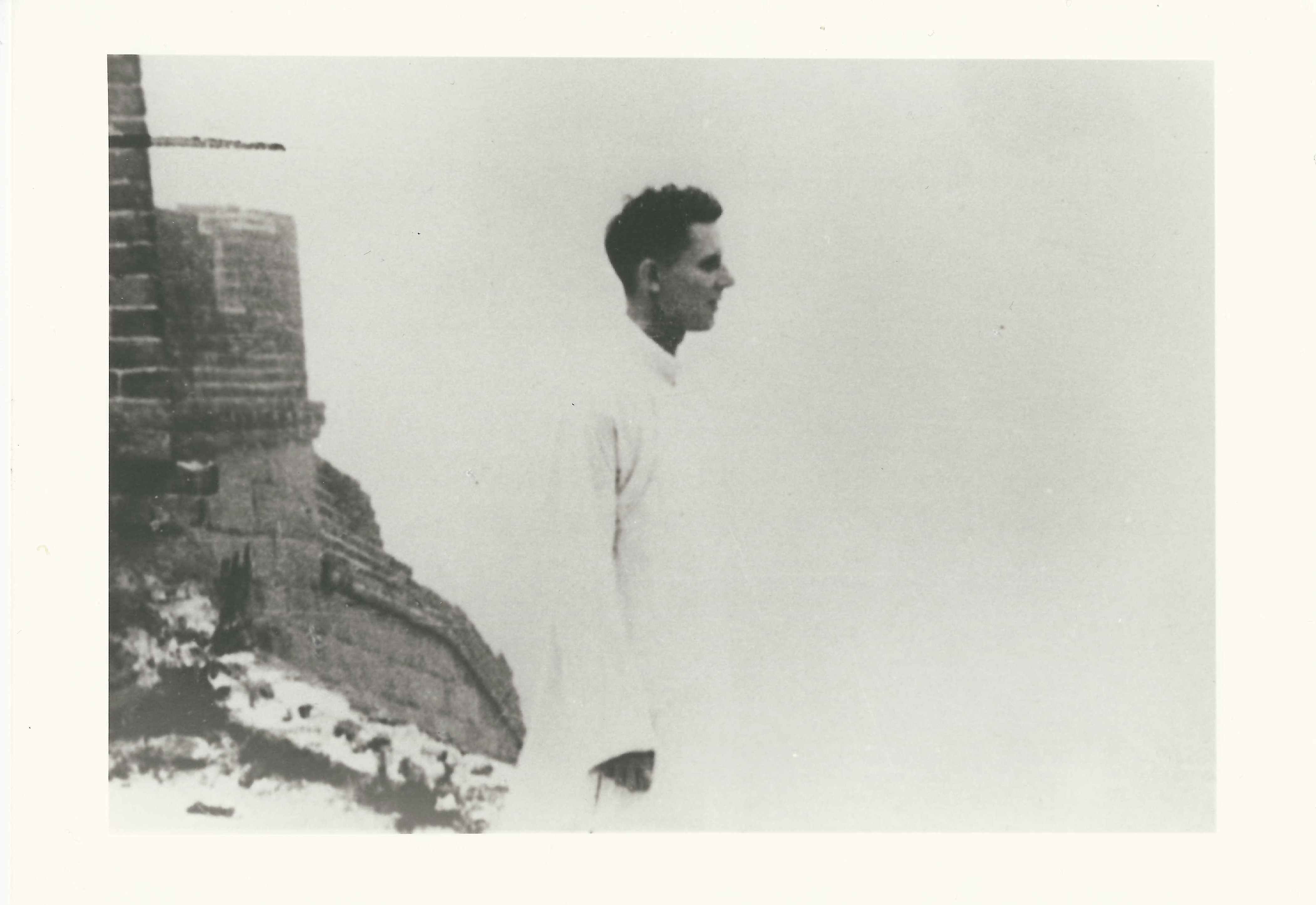
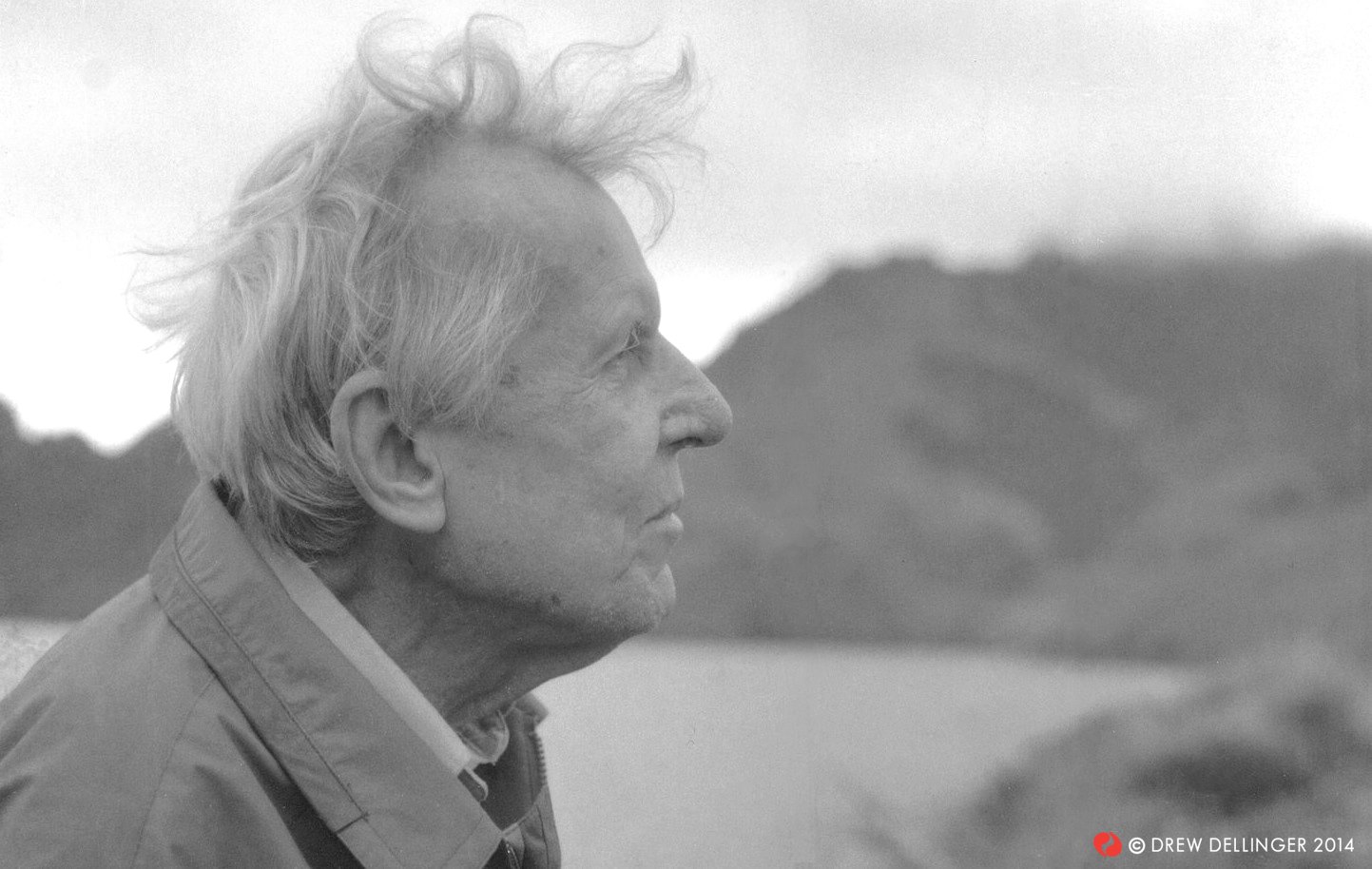

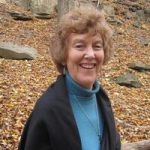
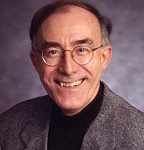
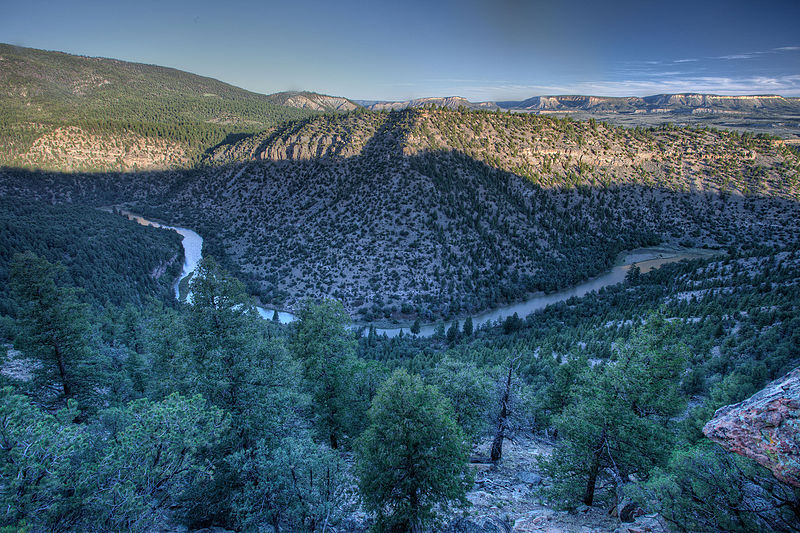
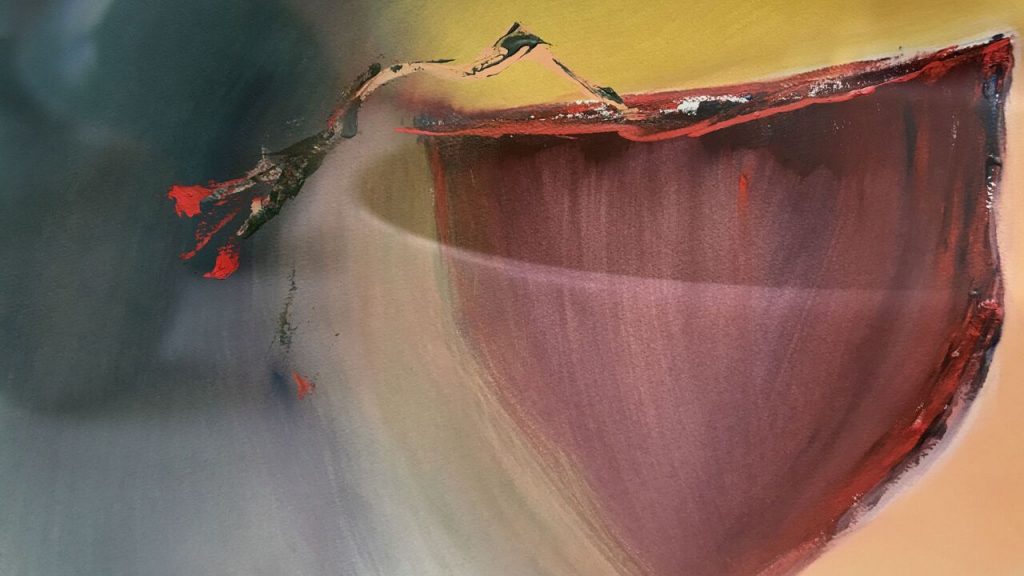

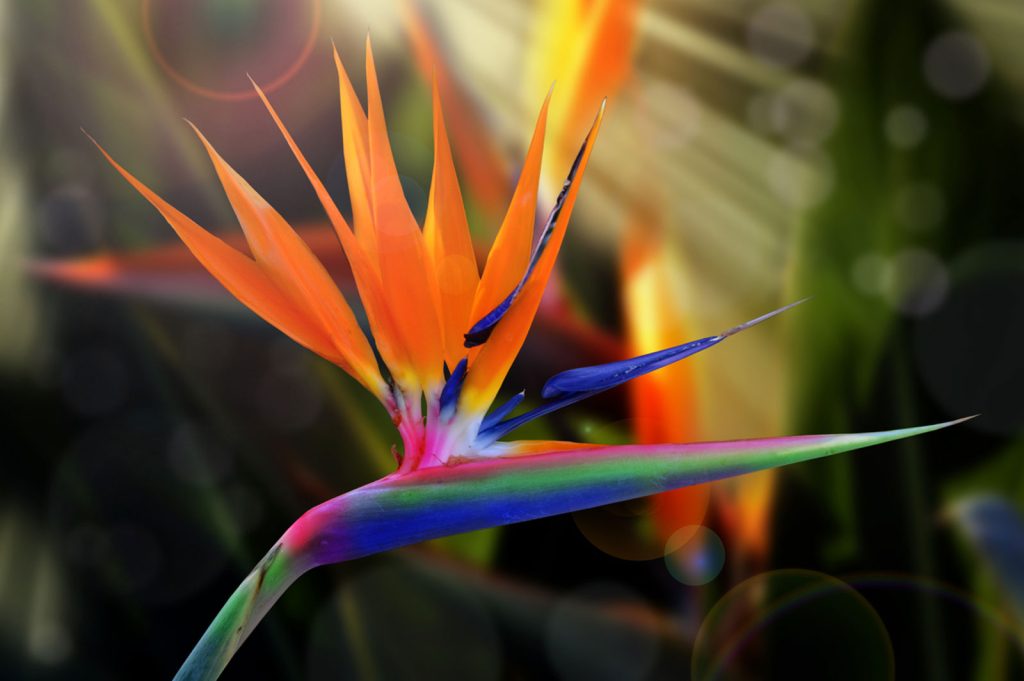
Reading this essay on Eldering as “Dismemberment” reminded me of Helen Luke’s wonderful collection of essays titled “Old Age : Journey Into Simplicity” (Parabola Books, New York, 1987). The epigraph Helen Luke chose for her book would also suit this essay :
“Quick now, here, now, always —
A condition of complete simplicity
(Costing not less than everything)”
(T.S. Eliot, Little Gidding)
“The pain of loss is real; but the letting go brings grace and renewal” (Thomas Berry).
Wonderful readings!!!!